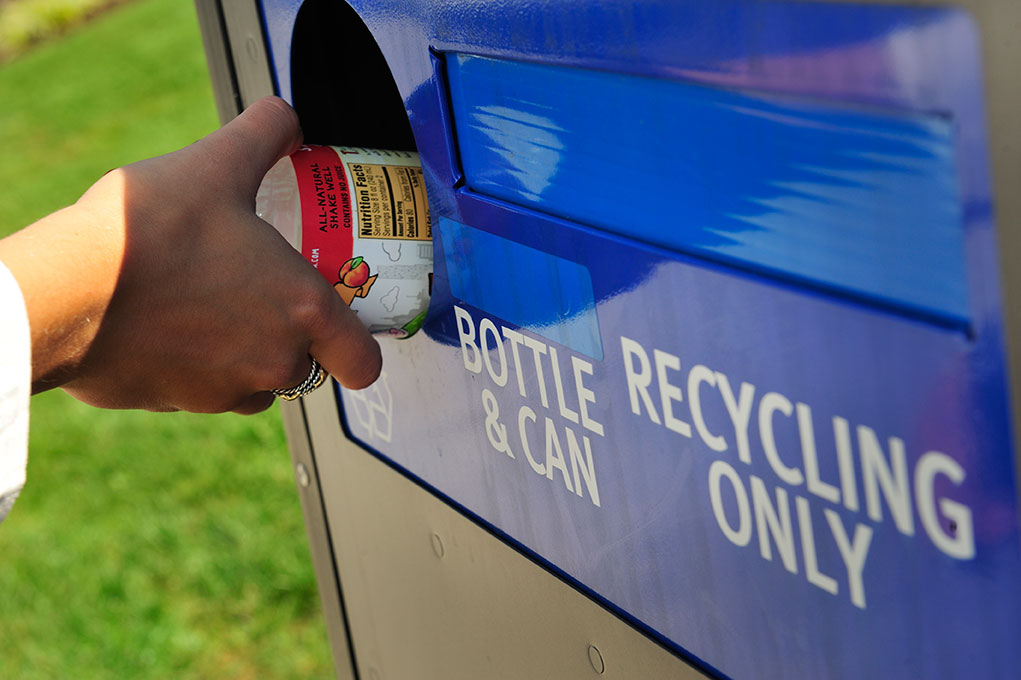Virginia Tech among the top 'green colleges' for sixth consecutive year

For the sixth consecutive year, Virginia Tech ranks among the most environmentally responsible universities in the United States and Canada, according to the Princeton Review.
The university was included in the Princeton Review’s Guide to 353 Green Colleges, which profiles institutions of higher education that demonstrate a commitment to sustainability in their academics, campus infrastructure, activities, and career preparation. The Princeton Review selected schools for this guide based on “green rating” scores of 83 or higher. Virginia Tech received a score of 98.
“Virginia Tech’s award winning effort to get students involved in sustainability, the Climate Action Commitment and Sustainability Plan, and the integration of sustainability concepts into courses all played a role in achieving the green college distinction,” said Denny Cochrane, sustainability program manager with the Office of Energy and Sustainability.
More than 60 percent of all incoming freshmen include sustainability as a factor when making a decision to attend a specific college or university, according to the Princeton Review.
“Virginia Tech was my only choice. They had the major I wanted and had been on the sustainability track for years,” said Amory Fischer, a junior from Charlottesville, Virginia, majoring in environmental policy and planning.
He also found the university’s initiatives and interdisciplinary research in sustainability attractive, he said.
Virginia Tech’s Climate Action Commitment and Sustainability Plan, which was reaffirmed in 2013, commits the university to reducing greenhouse gas emissions; improving energy efficiency and recycling, and pursuing LEED Silver standards or better for new campus buildings.
Dedicated to its motto, Ut Prosim (That I May Serve), Virginia Tech takes a hands-on, engaging approach to education, preparing scholars to be leaders in their fields and communities. As the commonwealth’s most comprehensive university and its leading research institution, Virginia Tech offers 240 undergraduate and graduate degree programs to more than 31,000 students and manages a research portfolio of $513 million. The university fulfills its land-grant mission of transforming knowledge to practice through technological leadership and by fueling economic growth and job creation locally, regionally, and across Virginia.




